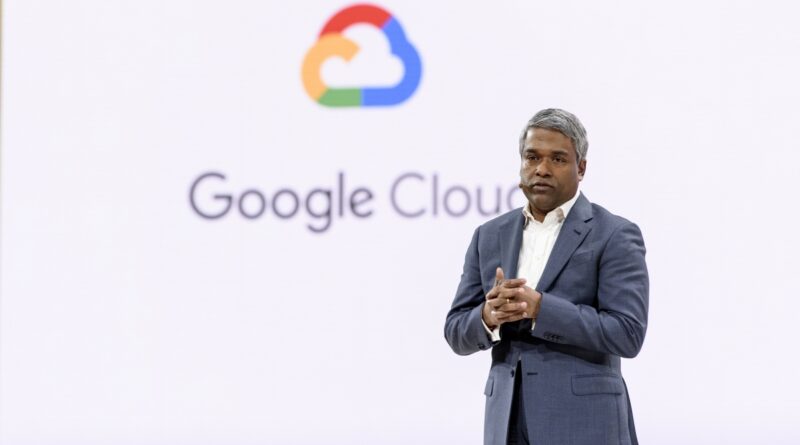Google’s generative AI support in Vertex AI is now generally available
Google announced today that its generative AI support in Vertex AI, the company’s machine learning platform, is now generally available. Based on Google’s models like PaLM 2, Imagen and Codey, Vertex AI offers developers access to the PaLM’s features for generating and classifying text, building ChatGPT-like multi-turn chat experiences and a text embedding API for tasks like semantic search and recommendation engines. These models will be available as part of the Vertex AI “Model Garden,” Google’s collection of enterprise-ready foundation and task-specific models, and in the low-code Generative AI Studio.
The company is making the announcement in conjunction with a small gathering for customers and partners (the Google Cloud Executive Forum) at its Bayview Campus in Mountain View today. Until now, many of these capabilities were only available to trusted testers.
It’s also worth noting that Codey, Google’s recently launched model for code completion, and the PaLM for Chat model are making their debut in the Model Garden.
A number of Google partners are already leveraging Codey, with GitLab using it for its “explain this vulnerability” feature, for example. Canva, meanwhile, is using Vertex AI’s translation feature to better support its non-English speaking users and is now testing the PaLM model to turn short video clips into longer stories.
Typeface, which focuses on creative business use cases for generative AI, also today announced a partnership and deep integration with Google’s AI tools. The company will leverage Google’s large language models and is launching Typeface as a plug-in in the Google Workspace Marketplace. DataStax, meanwhile, announced that its Astra DB database service on Google Cloud now supports vector search, a capability that will allow AI models to use the service for long-term memory.
Graph database Neo4j, too, is announcing a new integration with Google Cloud’s generative AI features in Vertex AI. Some of the new capabilities here are the ability to transform unstructured data into knowledge graphs, which users can then query using natural language. The company is also going to use Vertex AI to enrich these knowledge graphs in real time and — and this is important to enterprise customers — it’s adding the ability to validate responses from large language models against these enterprise knowledge graphs to prevent hallucinations.
Twilio also today announced that it is exploring new Vertex-powered features, including new personalized “best next action” recommendations for contact center agents and automating call summaries.
Google’s generative AI support in Vertex AI is now generally available by Frederic Lardinois originally published on TechCrunch





